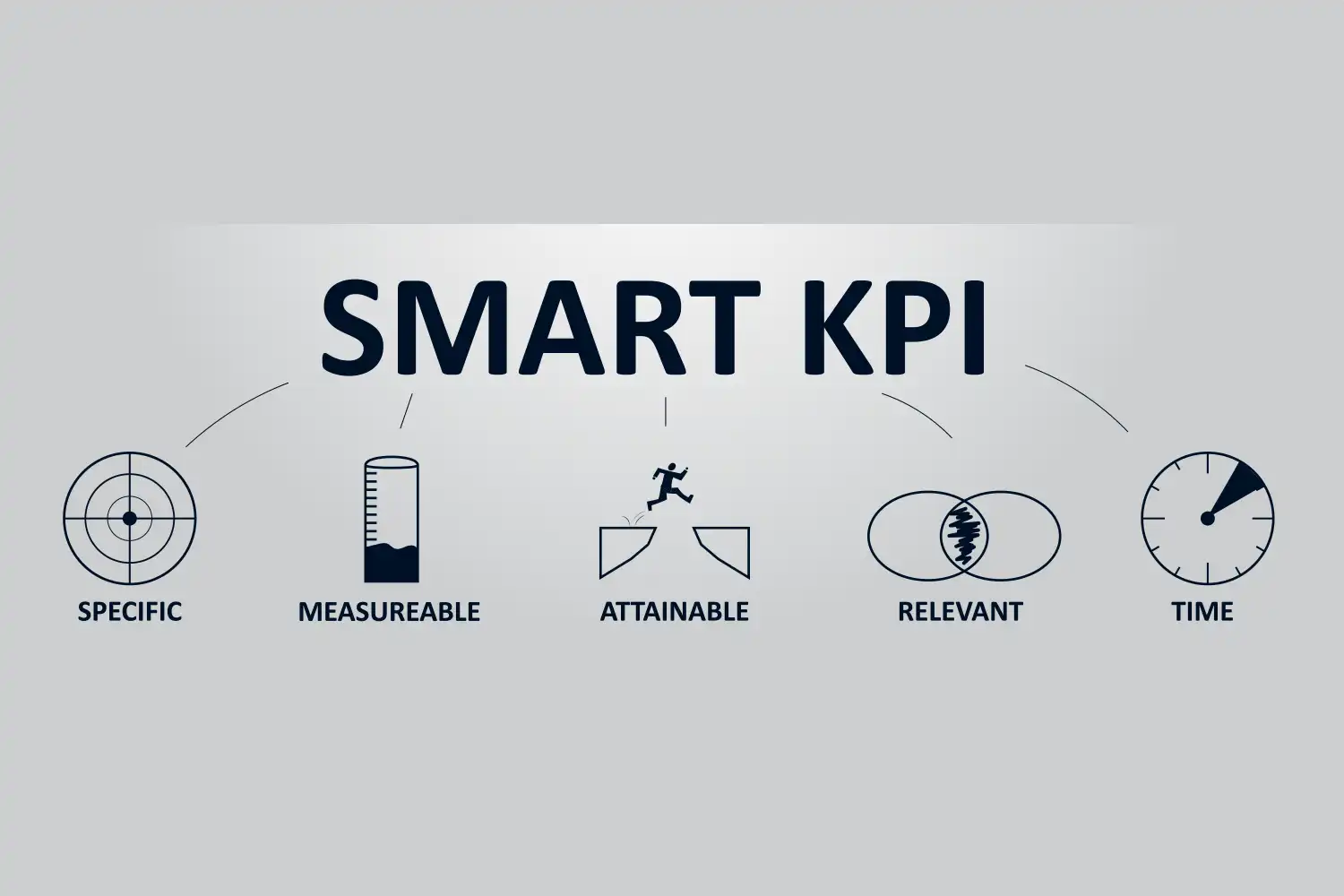Performance improvement procedures and plans (PIPs) at work
This guide outlines your rights if you’ve been told you have to participate in performance improvement procedures (PIPs) and how you can use the situation to help you negotiate a fair exit settlement agreement and financial payout.
Rated 4.8 Stars in Over 1,000 Reviews
Here we explain what it means when you’ve been told to participate in performance improvement procedures (PIPs) because your performance is not considered to be satisfactory. We also give you tips on how to turn the situation to your advantage so you can negotiate a fair settlement agreement.
Performance improvement plans are also sometimes used by management to try to force you out of your employment so you feel forced to resign – or get ‘constructively dismissed’. See our guide on constructive dismissal for more.
Links to further sources of information about related topics are highlighted throughout, and also in our Helpful Guides at the end.
What are performance improvement procedures?
One of the most common scenarios which lead to a settlement agreement is the commencement of performance management procedures – sometimes also known as capability management or performance improvement plans (PIPs for short).
Such a procedure usually refers to the ways in which your performance is managed, monitored and measured during the timescale set for you to improve.
It’s typically spread over anything from 30 to 90 days to give you enough time to show that you can achieve the improvements set out in the performance improvement plan.

What is a performance improvement plan?
A performance improvement plan is at the heart of a performance improvement procedure. It’s a written document that contains a number of time-constrained work-related goals or KPIs/Key Performance Indicators.
These goals are designed specifically to be attained by you if your employer thinks your work needs significant improvement. The goals should be:
- realistically achievable in the time allotted
- prioritised if appropriate
- consistent with your qualifications, skills sets and job description
- objectively measurable/quantifiable in some way
- designed specifically to meet identified shortcomings in how you carry out your present role.
Example of a performance improvement plan
Here is an excellent example of a performance improvement plan drawn up by the University of Cambridge which clearly illustrates the above goals.

What are an employee’s rights in performance improvement procedures?
Your employment rights as an employee undergoing performance procedures begin from before the start of your plan, through to your attainment of the goals set out in it, and beyond.
They include the right to conduct of a fair procedure from start to finish as summarised below:
Before you embark on the plan
Before you agree to participate in a performance improvement procedure (abbreviated to PIP below), you have a right to know why you have been selected for it.
A PIP may not be the best way to meet your work-related needs and you might have been targeted to fail the PIP exercise, just so your employer can get rid of you.
When the plan is drawn up
You should ideally be involved in drawing up your plan, but that’s not an obligation on the part of the employer.
At the very least, the goals should be clearly explained to you so that you fully understand each and every one of them.
Your PIP goals should also be correctly identified and clearly specified, as mentioned above.
During the performance procedure timescale
Once you’ve embarked on your PIP, you may discover that some of the goals are not achievable within the time allocated to them, or for reasons outside of your control.
Your employer should be asked to revise any such goals, but if they won’t, then you have a potentially unfair procedure.
At the end of the performance procedure timescale
Similarly, if you haven’t achieved every single one of the goals, then there is once more potential for a dispute, especially if your employer starts disciplinary proceedings as a result.
Should you stay or leave when facing performance procedures?
If and when you successfully complete your PIP, then of course you have the right to continue in your current job and you may be relieved and delighted to do so.
Many employees pass their improvement plans and go on to remain with the company for months, even years. If that’s what you want to do, then we would always encourage you to stand and fight for your right.
However, once an employer raises the prospect of a PIP, the trust often goes between employer and employee and with that goes the future of the relationship.
In these circumstances, our advice would be to think long and hard about whether you have a future working for your employer.
For example: What will happen if you don’t survive the process? After what you’ve been through, are you going to be happy in your role even if you do survive it?
It’s also worth remembering that, if an employer has sufficient concerns about your performance to the extent that they are willing to put you through formal procedures, then the chances are that they want you to leave.
You can either accept that the writing is on the wall and therefore that it’s time to move on with the best possible financial start to a new job, or you can decide to stay and fight for your current role.

Would your employer prefer you to leave and not complete performance procedures?
If your employer would prefer you to leave rather than take you through the PIP procedures, then you are likely to hear about it when the HR department invites you into a meeting to commence the procedures.
At that meeting, they may well have a ‘without prejudice’ conversation or a ‘protected’ conversation with you and offer you a settlement agreement before the performance procedure has actually commenced.
HR departments have to be careful about this though.
That’s because, in certain circumstances, if you are unaware of any pre-existing issues and no performance process has started, there is a possibility that the offer will not be afforded protection (i.e. the conversation will be ‘on the record’).
If that’s the case, you will be in a stronger negotiating position, as you can allege that the result of any performance management procedure is a foregone conclusion and therefore that the dismissal is potentially unfair.
Having said that, most employers get it right and it is often legitimate to offer you an ‘either/or’ scenario: take the money and go now with a reference or face the uncertainty of the performance procedure.
Your employer may have a protected conversation with you and make an offer to terminate your employment rather than going through performance procedures.
However, you don’t have to respond to that offer there and then, but you can tell them you will respond by letter shortly. (See our article on settlement offers.)
This will help ensure that there is no misunderstanding about the offer. It will also give you time to think about it and to seek legal advice if you want to. (Your response should be a Without Prejudice letter.)
Would you prefer to leave and not go through performance procedures?
Equally, from the moment you find out you’ve been selected for performance improvement procedures – and at any point during the procedure – you may decide that you are just being badly treated, that you don’t want to continue and that it’s time to leave your employment.
In the latter case, a scenario exists which is ideal for achieving a settlement: both parties want a deal. Your employer at the very least recognises that there is a problem and wants to resolve it one way or the other.
You recognise that it may be time to move on rather than face performance management procedures. So now it’s really just about finding the middle ground for your financial settlement agreement.
If you want to negotiate an exit settlement, then you should consider adopting a negotiating stance designed to short-circuit the improvement process.
Basically, you will send them a suitable without prejudice letter offering them a solution to their problem: you will leave quietly in return for a settlement payment. By these means you can:
– remove the risk of a tribunal claim,
– use your resignation as a negotiating tool and offer to remove yourself from the organisation,
– reduce the management time already committed.
All your employer has to do is pay you the money they would have had to pay out anyway in taking you through these procedures, and that’s how you should be pitching it throughout your negotiations.
You should be asking for your notice paid in lieu, a reference (and this is an important reason for you to settle) and the money your employer would have spent on your wages during the PIP procedure, paid gross as an ex gratia payment.
Your argument should go something like this:
‘You, my employer, are going to take six months to conclude an uncertain process at the end of which you have to pay me notice pay.’
‘I will retain my rights to sue for unfair dismissal, so we should conclude this now by you paying me six months’ gross salary, my notice and giving me a reference’.
Have a look at our guide on negotiating a settlement agreement to get a better idea of how to conduct such a negotiation.
If your employer doesn’t accept your proposals but says instead that the amount will more likely be three months gross salary pay, then they will often settle at between four and five months’ gross salary, leaving you to move on to another role with enough money to see you through.
If you fail a PIP, can you negotiate a settlement payment?
If you decide to brave it and go through with the performance improvement procedure, but then fail the procedure, you may still be entitled to leave with rather more than just statutory notice pay.
If the rights outlined above have not been upheld at any point in your procedure, you may be entitled to financial compensation for having been put through an unfair and stressful procedure.
If you have good evidence of any failings on the part of your employer in drawing up the plan or in conducting the procedure, you may well be able to negotiate a fair pay out.
Settlement by negotiation is in our view always preferable and your employer will most likely prefer it that way too, once they understand that you have a valid claim against them.
What should you do if you’re dismissed without a settlement?
If you attempted but didn’t succeed in negotiating a settlement agreement and were dismissed anyway, then don’t despair!
If you have good evidence of unfair dismissal, you may still be able to get compensation if you act promptly. There are two main options:
Try Grapple, our AI-driven app
Grapple asks you a few questions about your case and can then generate a ‘without prejudice’ legal letter from you to your employer setting out your case for compensation. You can try it – free – via this link
If your employer sees that you have enough evidence to make an employment tribunal claim, then they may well offer you fair compensation in order to avoid a tribunal – even though you have already left their employment.
Consider making an employment tribunal claim
If you have a strong case with plenty of evidence and a good job, it would be worth considering an employment tribunal claim providing you act promptly (see here for tribunal claim time limits). If you would like to explore this option further, contact Monaco Solicitors – below – to find out if we can help you.
How can I get help to resolve performance management issues with my employer?
Our specialist employment legal team have many years of experience in successfully helping employees who are facing performance improvement challenges. We offer a variety of different levels of support and one of them may well be right for you.
It’s easy to find out if we can represent you or can offer you other kinds of support. Just click the button below to get started.
Alternatively, you can email us on communications@monacosolicitors.co.uk 0r speak to one of our advisors by phoning 020 7717 5259
Our related guides
- KPIs or Key Performance Indicators: Can they be used against you?
- Unfair dismissal settlements and compensation
- Without prejudice meetings and conversations at work
- Settlement agreements in employment conflicts: How much should I get?
- Settlement agreement negotiations
- Constructive dismissal: A guide for employees
- Grievances at work
- Grievance letters and how to write them, plus letter templates & examples